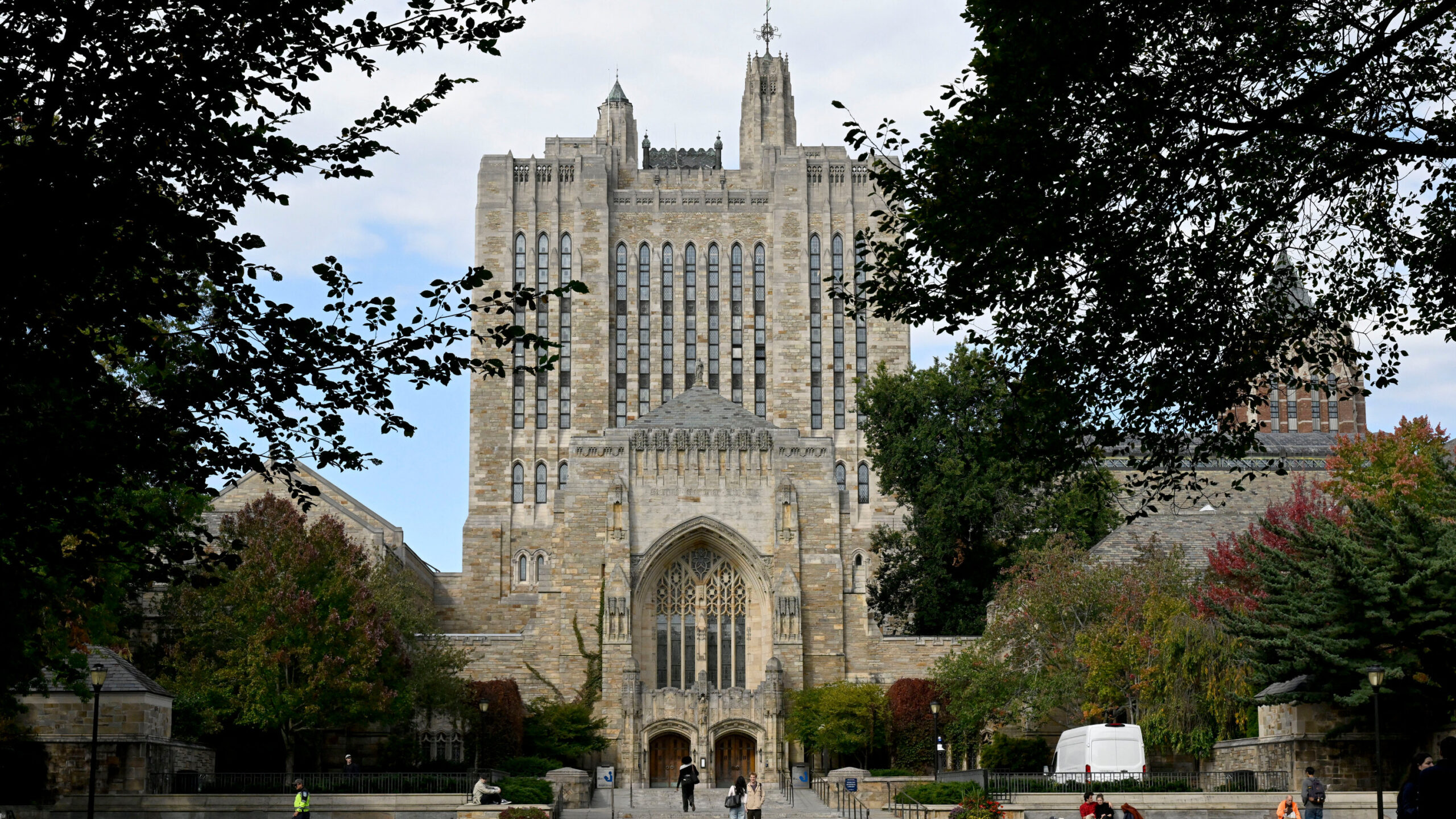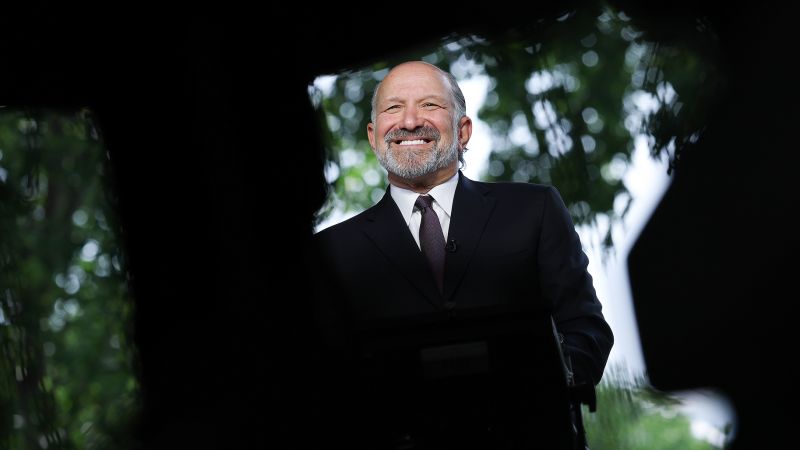
Yale University has begun divesting several of its holdings in private-equity funds, signaling a strategic reevaluation of its multibillion-dollar endowment in the face of industry challenges and growing political scrutiny.
The move highlights a broader recalibration within elite academic institutions’ investment strategies, as private equity endures a period of sluggish returns and reduced investor enthusiasm. Historically seen as a core component of Yale’s endowment success, private-equity investments are now subject to increased skepticism amid tightening credit conditions and valuation concerns.
Yale, whose endowment topped $40 billion in recent estimates, has been a pioneer in alternative investments since the early 1990s, often allocating more than half of its portfolio to non-traditional assets such as venture capital, hedge funds, and private equity. However, individuals familiar with the matter say that the university has recently placed several limited-partner stakes in private-equity funds on the secondary market, with the intent of offloading portions of its exposure. These include positions in funds that have underperformed or tied up capital for extended durations.
The decision comes at a time when the private-equity industry is facing headwinds from slower dealmaking, higher interest rates, and an uncertain exit environment. Market participants have reported an increase in secondary sales by institutional investors seeking to rebalance their portfolios and regain liquidity.
Adding to the pressure is a renewed political focus on elite universities by former President Donald J. Trump. In recent public statements, Trump has criticized Ivy League schools for what he perceives as ideological bias and has called for increased oversight of their funding sources and tax-exempt status. This rhetoric may be influencing some institutions to adopt more transparent and defensive financial strategies.
Yale has not provided detailed public commentary on the sales, nor specified the funds or managers involved. However, people close to the university say the transactions are part of routine portfolio management—a necessary step in navigating a changing economic landscape and fulfilling its long-term commitment to funding academic programs, research, and financial aid.
The developments at Yale may foreshadow similar moves by other large endowments facing the dual strains of market volatility and political attention. As the private-equity sector confronts a more challenging environment, institutional investors are likely to become more selective and agile in their allocations.
Source: https:// – Courtesy of the original publisher.








